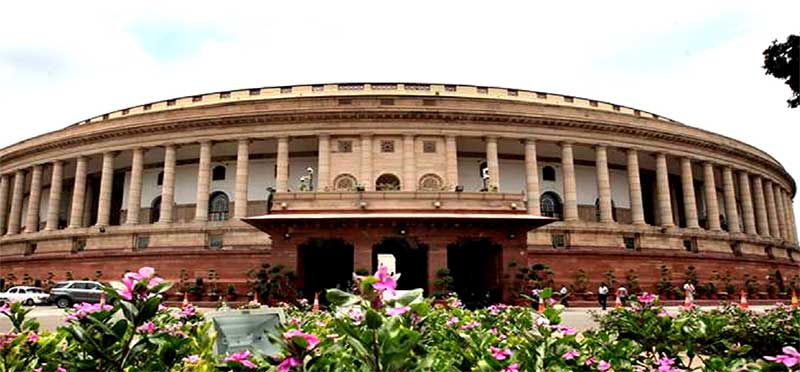
In News
The Union Cabinet has given its approval to the new National Policy on Software Products 2019 (NPSP-2019) which has an aim to generate a revenue stream from software other than the existing IT-ITeS Industry.
Highlights of the Policy
- The major objective of the policy is to make India a software product nation.
- The policy will enable the Indian software companies to be competitive, provide ease of doing business, create an innovation environment, protects Intellectual Property (IP), create a talent pool for the needs of the industry and develop a domestic market for software products.
- It will boost the revenue generation from the sector, increase software exports from the country, generate employment and opportunities for budding entrepreneurs.
- The policy sees to leverage opportunities in emerging technologies like AI, IoT, Block Chain etc.
- A total outlay of Rs. 1500 crore has been allocated for the policy for a period of 7 years.
- This Rs. 1500 crore is divided into two funds called the Software Product Development Fund (SPDF) and a Research and Innovation Fund (RID).
- As part of the implementation strategy, several programmes, schemes, and projects will be launched by the government.
Five Missions
For achieving the policy, five missions have been envisaged
- Increasing Indian share in the Global Software Product Market to a ten-fold increase by 2025. This is by creating a sustainable software industry which is driven by IP.
- Generating direct and indirect employment to 3.5 million people by 2025. For this, 10000 startups will be nurtured in the software technology industry. Of these, 1000 will be from Tier II and Tier III towns and cities.
- Creating a talent pool for the industry by i) up-skilling 1,000,000 IT professionals, ii) motivating one lakh school and college students to take up IT skills and iii) ten thousand specialized professionals for leadership roles will be generated.
- Building 20 sectoral and strategic software product development clusters that are driven by innovation. These clusters will have full ICT infrastructure, R&D test beds, marketing, innovation, and mentoring support.
- A National Software Products Mission will be set up to monitor the implementation of the policy. Key stakeholders are the government, academia and the industry.
Aligning With the Existing Programmes
The government envisages that the new policy will be aligned with the existing programmes or initiatives of the government like Digital India, Startup India, Skill India etc.
Also Read: PM-KISAN Yojana – Can It Help The Farming Community?
Importance of the Policy
- India is often known as the back-office of the world. It is rightly so as the Indian IT industry is dominated by IT services sector rather than the software product development sector.
- The software products industry in India is of small size compared to the IT services industry.
- For FY18, the revenue generation of the software products industry is around $7.1 billion. For the same year, the IT services industry generated $86 billion.
- As per the government, the sector has the potential to grow at a CAGR of 40% by 2025 and will generate revenue to the tune of $70-80 billion.
- The new policy with its 360-degree approach is set to achieve these numbers.
- Apart from revenue generation, the policy’s aim of creating more Intellectual Properties will augur well for the country especially in critical areas like defense, power generation, space etc. Already companies like Huawei are under global scanner for possible espionage through their devices and software.
- Also, the policies aim of developing a domestic software product market will lead to an increase in efficiency in the economy as the adoption of IT by the MSME sector is slow. Through innovative products, the scenario could change and aid in the overall growth of the economy.
Also Read: OIC And India Amid Changing Geopolitics

Leave a Reply
You must be logged in to post a comment.